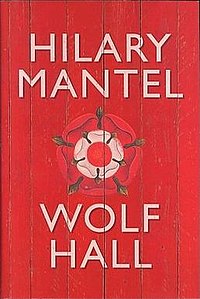I believe that the underlying theme of the book, as indicated in the title, is the question "Who 'owns' the poet?" There are several who have claims to ownership. One claimant is the scholar who has devoted time and research to unraveling the mystery of a previously unknown relationship. This could be the making of him as a scholar. Fame in his small corner of the literary world, maybe even tenure could be possible if he is able to publish conclusive findings, original research about a poet that was previously considered researched out.
Another claimant is a wealthy American devoted to the poet and his works. He wants to acquire any object related to the poet and add it to his collection. The English museums and colleges/universities are opposed to having 'their' poet being stolen away and taken out of the country.
The final claimant is the homeowner who owns the house where a vitally important cache of letters is discovered. The letters contain a great deal of information that sheds light on the relationship of the two Victorian poets. The possibility of selling the letters lures them into refusing to give up the physical possession of the letters into the hands of the scholar until they decide what is in their own best interests.
Ultimately, we, the readers, own the poets in the sense that we are the only ones who have the knowledge of their true relationship, as this is revealed in passages that parallel the investigation of the scholars piecing together their history. They get some of it right, and some of it wrong, but only we know which is which.
A wonderful read, truly worthy of the Booker Prize it won in 1990.
I also love Iris Murdoch, and was reminded of her when reading Byatt's works. I was not surprised to learn that Byatt and Murdoch were friends and colleagues and that Byatt wrote critical works about Murdoch's life and oeuvre. These two women would sit next to each other on my bookshelf, if I had a bookshelf. Instead they share space on my Kindle, and I value them both.
I'm currently reading The Children's Book, Byatt's 2009 novel loosely based on the life of E. Nesbit. In the books, she mixes the lives of fictional and historical characters into a story of a peaceful world before the first World War. Perhaps the last period of our history where hope and innocence had an opportunity to live and thrive before it was replaced by cynicism and irony. It was shortlisted for the Booker Prize, but was beaten by Wolf Hall by Hilary Mantel. I'm glad I wasn't a judge trying to decide between these two wonderfully written masterpieces.


